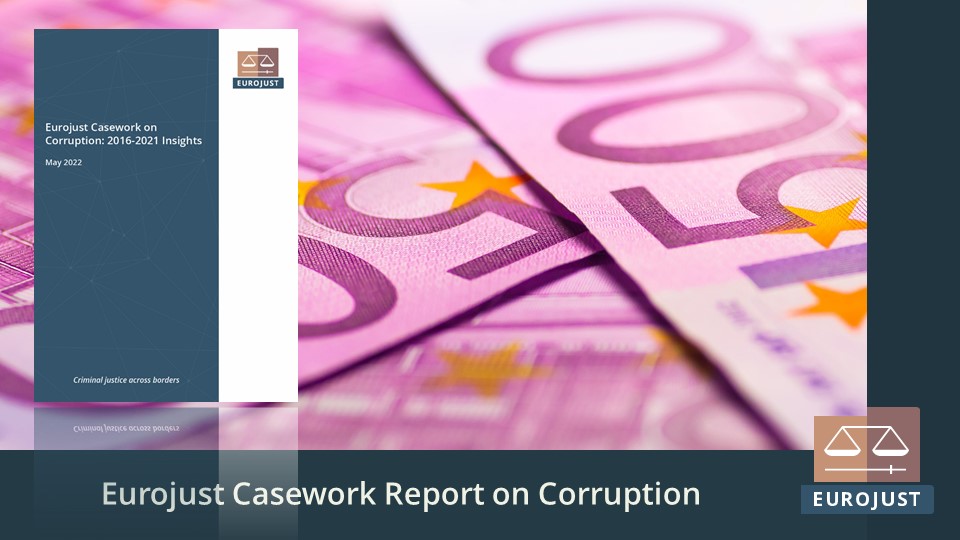Last Thursday, the European Commission has published the tenth edition of the 2022 EU Justice Scoreboard, an established annual overview providing comparative data on the efficiency, quality and independence of justice systems in the Member States. For the first time, this year’s Scoreboard also includes data on the effects of the COVID-19 pandemic on the efficiency of justice systems, as well as regarding accessibility to justice for persons with disabilities and with a strengthened business dimension. Vice-President for Values and Transparency, Věra Jourová, said: “The EU Justice Scoreboard provides invaluable insights into our justice systems and helps us place the focus where it matters most: ensuring that the rule of law is protected across the European Union. The fact that since last year the public perception of judicial independence has decreased in about half of Member States is concerning and shows that we all need to act to restore trust of the public in the judicial system.”
Continue reading…
Gone are the days when organisations could simply promise a speak up culture. Today, fostering a culture of trust, integrity, and a positive work environment…
Download whitepaper











